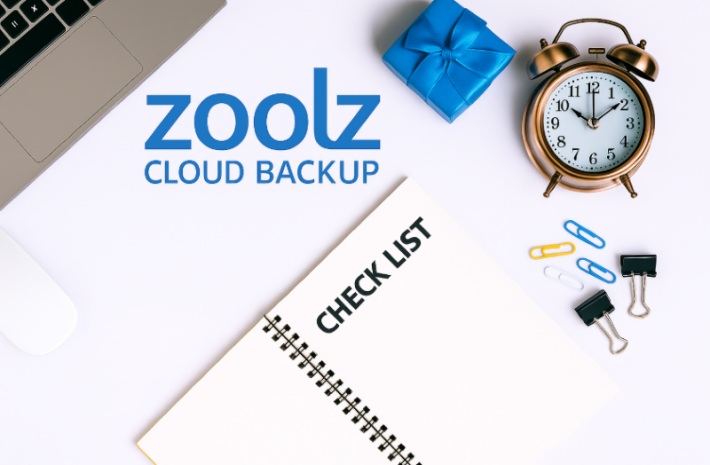Can Businesses Truly Go 100% Serverless? Exploring the Cloud Computing Revolution

In the fast-evolving world of cloud computing, the idea of running a fully serverless business sounds both futuristic and liberating. Imagine eliminating the burdens of maintaining on-site hardware, patching systems, and worrying about physical infrastructure. But is a 100% server-free future practical—or even possible—for all businesses?
Let’s explore the advantages, limitations, and where solutions like Zoolz fit into this promising landscape.
🔍 What is Serverless Computing?
Serverless computing allows developers and businesses to build and run applications without managing servers. Instead, cloud providers handle the infrastructure, scaling, and resource provisioning dynamically. You simply focus on your application, and the rest is abstracted away.
Popular platforms like AWS Lambda, Microsoft Azure Functions, and Google Cloud Functions have paved the way for this model.
✅ The Pros: Why Serverless is Gaining Momentum
1. Cost Efficiency
You only pay for the compute power you use. No need for idle server time or over-provisioning.
2. Scalability
Serverless architectures scale automatically with your workload. Whether you’re serving 100 or 1 million users, the platform adjusts accordingly.
3. Faster Time to Market
Without server management, development cycles shrink. Teams can build, deploy, and iterate faster.
4. Maintenance-Free Infrastructure
Forget about software updates, hardware failures, and server monitoring. The cloud provider handles it all.
5. Disaster Recovery and Backup Solutions
With integrated cloud backup platforms like Zoolz, businesses can ensure data resilience, versioning, and even ransomware protection—further reducing dependency on on-site servers.
⚠️ The Cons: What’s Holding Businesses Back?
1. Vendor Lock-in
Once committed to a platform, migrating to another can be technically complex and costly.
2. Cold Starts and Latency
Serverless functions may experience delays when invoked after idle periods, affecting performance-sensitive applications.
3. Limited Control
You have little to no control over the underlying hardware, which may be restrictive for specialized workloads.
4. Compliance and Security Concerns
Industries like healthcare or finance may require strict regulatory compliance. While solutions like Zoolz are HIPAA and ISO certified, not all serverless platforms offer the necessary controls or auditability.
5. Legacy System Integration
Older systems and applications often require traditional servers or custom configurations that serverless platforms don’t support.
🏢 Is a 100% Serverless Future Realistic for Every Business?
Not quite—at least, not yet.
Large enterprises often operate a hybrid model, blending on-premises servers with cloud services. Tools like Zoolz Hybrid+ Backup bridge this gap, allowing businesses to back up data from internal, external, and network drives to the cloud while keeping copies locally for performance and compliance.
Additionally, Zoolz Vaults, Cold Storage, and remote restore capabilities provide the flexibility to protect and retrieve data without maintaining a full server infrastructure.
🧭 Final Thoughts: The Path Forward
While not all businesses are ready (or able) to go fully serverless today, cloud computing undeniably represents the future. The benefits in cost, scalability, and agility are too compelling to ignore.
However, a thoughtful strategy is key. Organizations must evaluate their technical needs, regulatory requirements, and infrastructure dependencies before taking the leap.
For many, a hybrid approach using smart solutions like Zoolz offers the best of both worlds—retaining essential control while embracing the power of the cloud.
🌐 Ready to Explore Serverless Data Protection?
Zoolz provides intelligent, secure, and cost-effective backup solutions for businesses looking to modernize their infrastructure. Whether you’re planning to go fully serverless or just starting your cloud computing journey, Zoolz has your data covered.


